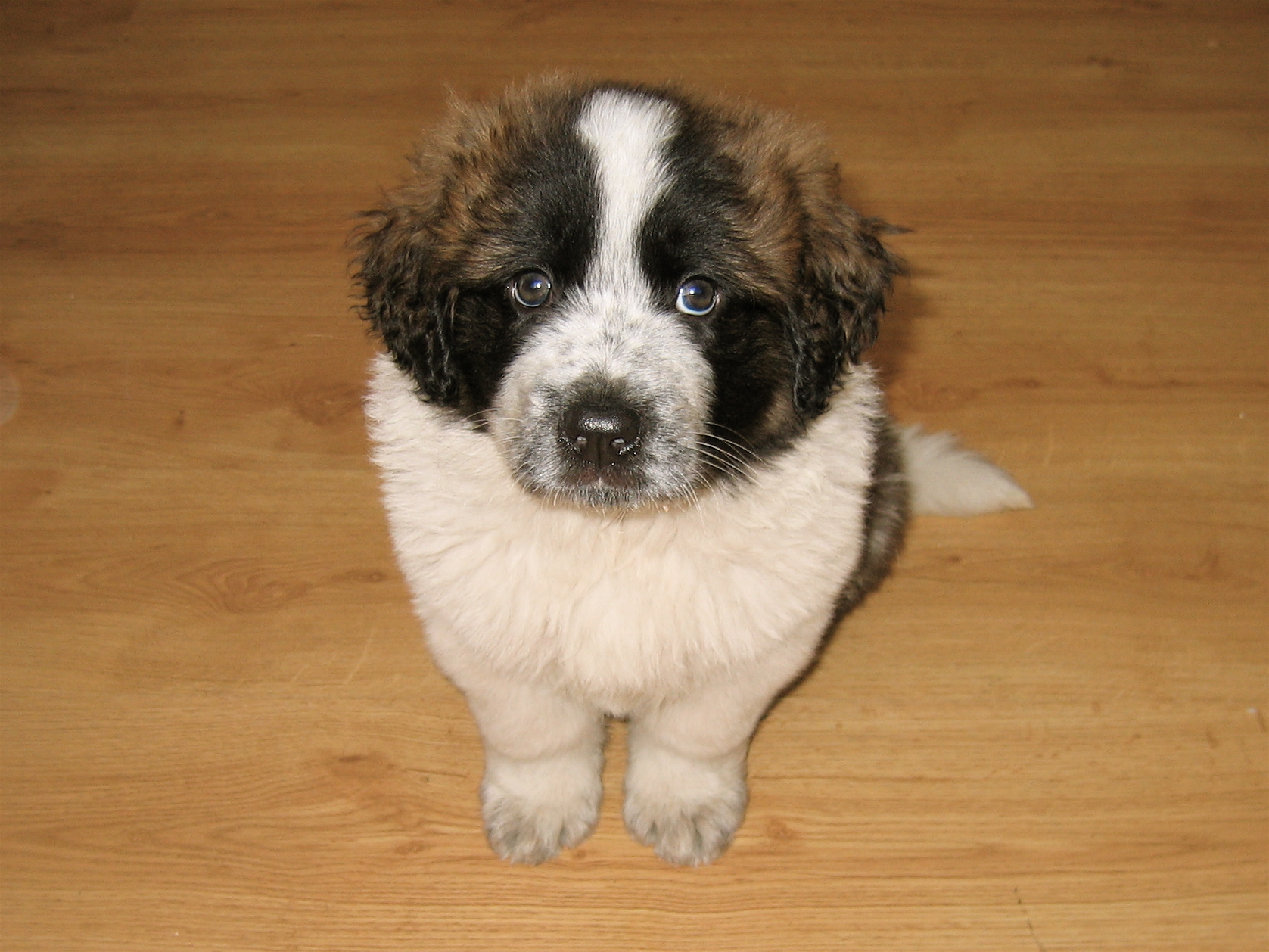But it takes persistence and patience – which many people do not have, especially if they bought the puppy on impulse or received one as a gift. Not being house-trained is one of the reasons that puppies six months of age or older are surrendered to shelters or abandoned.
First Time
Ideally, you need to figure out in advance where you want the puppy to urinate and defecate. Depending on where you live, this could be anywhere outside the home, in one corner of the yard or in an indoor litter pan that is often covered in artificial grass. When you bring the puppy home, place the puppy on that area as soon as you get him or her out of the car.
Puppies have small bladders. It should be less than fifteen minutes before the puppy has to urinate. Praise the puppy with words and with petting and then bring the puppy inside (or to another area of the home). This helps set the stage for later training.
When You Gotta Go…
Before a puppy or dog squats to urinate or defecate, a lot of time is spent sniffing for the right spot. They may walk around in small circles while sniffing or suddenly start pawing at the floor. Immediately pick up the puppy and take them to the designated toilet area. Praise when they squat.
This is where a lot of first-time puppy owners fall down on the job. They just don’t pay enough attention to their puppies and miss the silent signals that the puppy has to go. Puppies will also need to go right after they wake up from a long nap or overnight sleep, a few minutes after eating and after a few minutes of vigorous play.
A two months old puppy needs to urinate, on average, every two hours, morning and night. A three month old puppy may be able to hold on for three hours; a four month old four hours and a five month old for five hours. If you cannot get the puppy outside often enough, don’t blame the puppy for having an accident.
Submissive Urination
Until dogs are about a year and a half old, they will be subject to bouts of submissive urination. This is an evolutionary survival tactic that all canids display. A puppy flattens the ears, shows its belly and releases a few drops pf urine to a more dominant or stronger dog. The urine drops are to show that the puppy is much weaker than whatever dog he or she is submitting to.
Puppies also do this to people. So if the puppy seems scared, expect a few drops to leak out. Don’t yell and don’t strike the puppy. This will only encourage the puppy to pee some more in trying to appease you. Puppies outgrow this behavior.
What About Rubbing His Nose In It?
A common misconception is that if you rub a puppy's nose in its urine or droppings, it knows never to pee or poop there again. This is wrong and it is cruel. Puppies have a very limited attention span. Unless you catch them in the act, they will have no idea that the reason you are so upset is that pile on the floor made hours ago. In the puppy's eyes, you will have flipped out for no reason.
Just clean the mess up and take the puppy outside. When cleaning up urine from carpet, use an enzyme-based cleaner to eliminate any traces of ammonia. It's that scent puppies look for when walking about in circles, sniffing.
Image of St. Bernard puppy by anjing kecilku for Wikimedia Commons

No comments:
Post a Comment